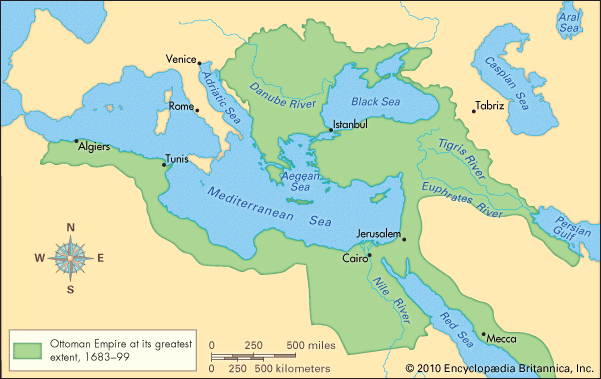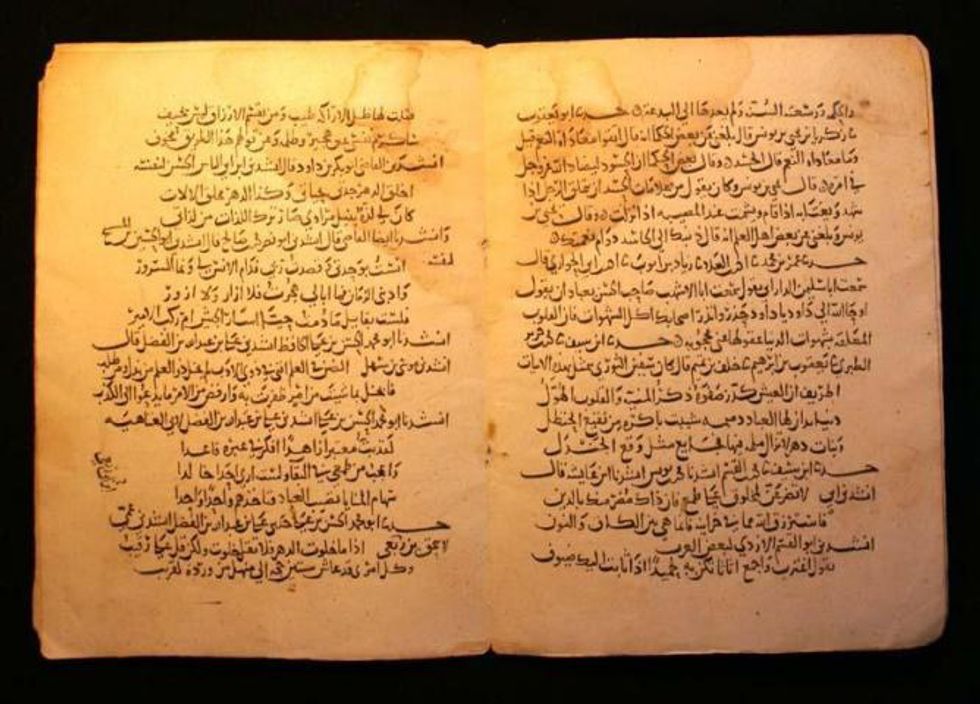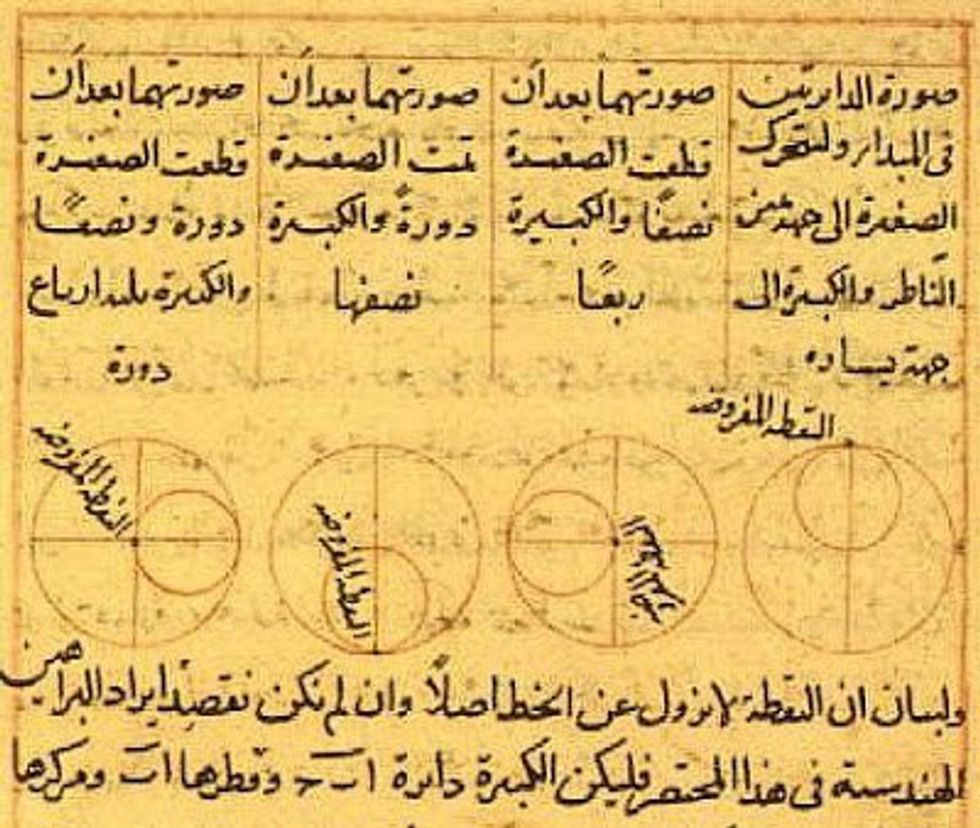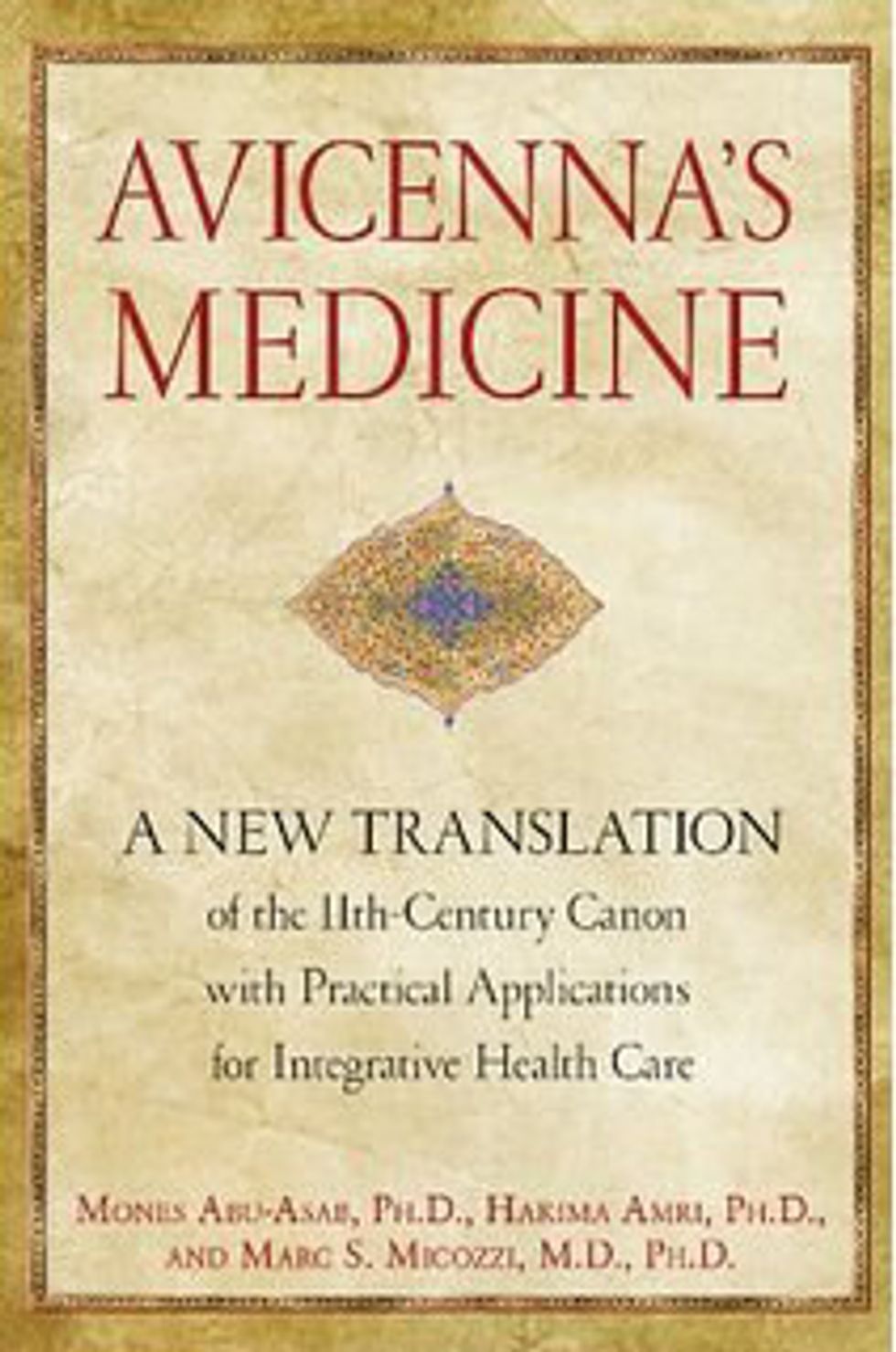Throughout different caliphates, empires, and rulers, the Middle East has continuously shaped the global economic structure and largely influenced world trade. As the center of much controversy today, some may see regions of the Middle East only in a negative light due to pressing conflicts, but the current state of the Middle East is only slice of the region's history.
During the Ottoman Empire, which lasted over 600 years, the regions controlled by the empire were booming with trade and innovation. Placing a large emphasis on the importance of education and intellectual advancements, the empire was one of the most prevalent and influential civilizations in history. Particularly in the areas of philosophy, mathematics, and medicine, the civilization made remarkable advancements that benefited all on a global scale and have indefinitely shaped the modern world.
Defined as "the study of knowledge", philosophy covers a broad area of academic conquest. Islamic philosophers of this time period did not have enormous internal conflict between faith and reason, so when faced with ideas of other philosophers that did not claim Islam as their own religion, they were not completely opposed to their thoughts. During this same time period, the Holy Roman Empire was in the peak of it's power. Though this empire was an elective monarchy, there was no secularism within the government, so philosophers from this region were more likely to discredit ideas from individuals that did not practice their faith. Islamic philosophers of this time were critical to recovering classical philosophical works (Plato, Aristotle, Socrates, ect.) that philosophers of other religions looked over due to the pagan gods the classical thinkers worshiped. If these texts were not transcribed into Arabic by Islamic philosophers many of them would have been lost, resulting in an entirely different view in modern global philosophy.
Along with their philosophical influence, the Middle East’s mathematical influence is directly where modern mathematics derives from. Islamic philosophers were credited with both the creation of “zero” and the incorporation of the decimal system. It is safe to say that modern mathematics would be entirely different without the influence of these Islamic scholars. Even the word “algebra” was developed from the Arabic word “al-jabr.” Algebra, now taught globally in education systems, drives day-to-day living in the modern world. It is clear that without Islamic scholars, strides in algebra, trigonometry, and geometry would have been minuscule resulting in a less advanced mathematical system.
Hand in hand with mathematics, Arabic scientists largely influenced medical advancements. In the Middle Ages a well-known philosopher, Avicenna, wrote many medical books including a book of all of the known medical diseases at the time. Arabic scientists were also the first to use animal gut for sutures and the first to recognize the pattern of contagion. In Arabic pharmacies, shelves were stocked with herbs and spices to remedy illness and these spices can now be found in holistic medical practices and in spice cabinets around the globe. Without the medical contributions of the Middle East, many modern medical procedures would be less cutting-edge, which would impact global health.
Clearly recorded in history, the Middle East contributed in more than one educational front, paving the way for modern intellect and global innovation. The contributions of Middle Eastern philosophers, mathematicians, and scientists are the base in which many modern practices are built upon. The modern world would be completely altered without this influence. Though there seems to be much conflict currently in specific regions, it should not discredit the entire history of Middle East. One should not make assumptions about the region without first knowing all of it's rich background. If one believes to know all the history of the region, they have already made a mistake because the truly wise never know all and it is the fools who seem know everything.

























